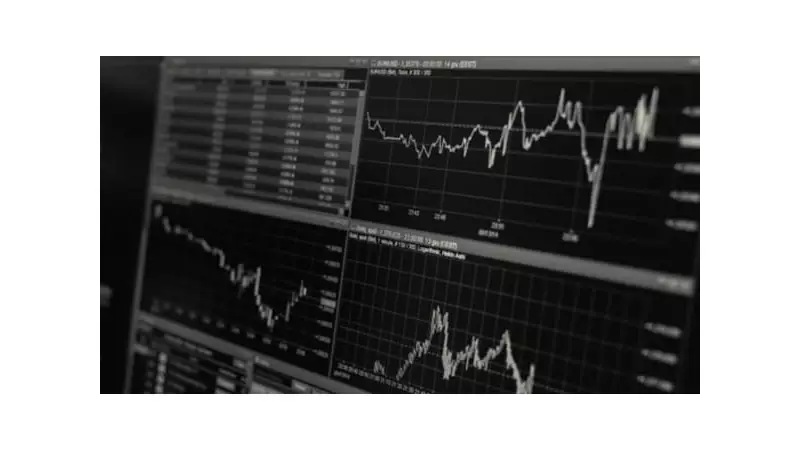
In a remarkable display of market confidence, South Korean shares surged to an all-time high on Tuesday, setting the stage for crucial trade discussions between Seoul and Washington. The benchmark KOSPI index climbed an impressive 1.2% to close at 2,748.13, breaking previous records as investors positioned themselves for what could be a transformative moment in US-Korea economic relations.
What's Fueling This Historic Rally?
Market analysts point to several key factors driving this unprecedented performance:
- Upcoming Trade Negotiations: High-level trade talks scheduled between South Korean and US officials have generated significant optimism among investors
- Foreign Investment Inflow: Overseas investors demonstrated strong confidence by purchasing a net 443.3 billion won ($322.9 million) worth of Korean shares
- Semiconductor Sector Strength: Tech giants like Samsung Electronics and SK Hynix contributed significantly to the market's upward trajectory
- Currency Advantages: The Korean won's 0.28% gain against the dollar made local assets more attractive to foreign buyers
Broader Asian Market Context
While South Korea led the charge, other Asian markets showed mixed performance. Most Southeast Asian stock markets experienced declines, though Taiwan's shares managed to post gains. This contrast highlights South Korea's unique position in the current economic landscape and underscores the specific optimism surrounding US-Korea relations.
What to Watch in the Coming Days
The upcoming trade discussions could significantly impact several key areas of the Korean economy. Automotive exports, technology partnerships, and semiconductor supply chains are likely to be central topics. Market watchers suggest that positive outcomes from these talks could sustain the current momentum, while any setbacks might test the resilience of this record-breaking performance.
As one market strategist noted, "The alignment of favorable currency movements, strong foreign interest, and positive trade expectations has created a perfect storm for Korean equities. The real test will be whether this momentum can survive the actual negotiation outcomes."





